EV Charging Station Accessories

- JuiceStand
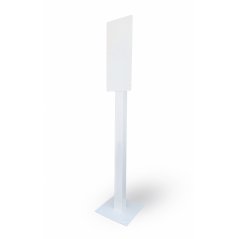
- JuiceStand Pro
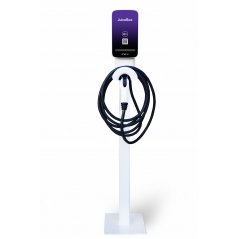
- Enel X Way RFID Cards for Commercial EV Chargers 10 Count
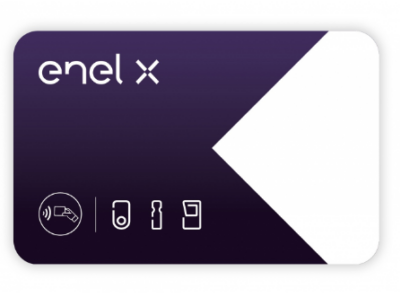
- Enel X Way RFID Cards for Commercial EV Chargers 25 Count

- Enel X Way RFID Cards for Commercial EV Chargers 100 Count

- 14″ Mounting Bracket
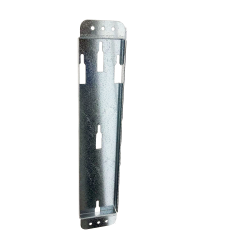
- J1772 Plug Holder
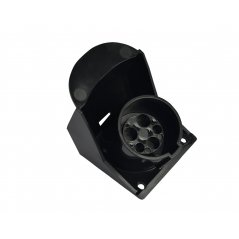
- Security Locking Bracket
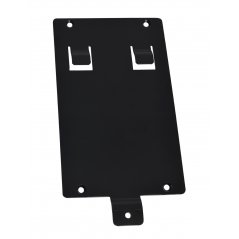
- 2 Piece Mounting Bracket
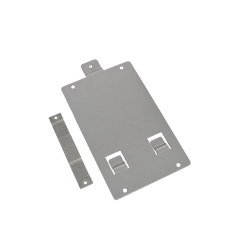
- Rainproof Outdoor Outlet
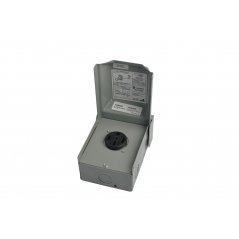
- Input Cable
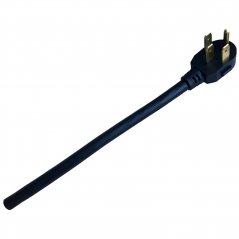
- Tab for Wall Bracket

Your EV charging accessory buying guide
While JuiceBox home EV chargers come with everything you need to charge an electric vehicle from the comfort of your home, we offer a variety of accessories and equipment to help EV drivers maximize the convenience of their home charging — including adapters and more.
Input cable vs. output cable: EV charging cables explained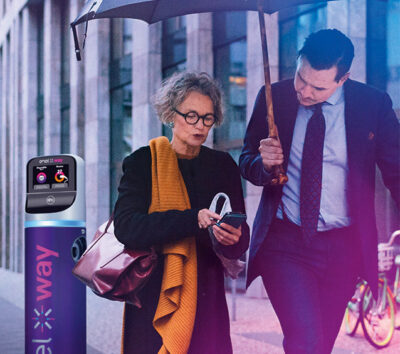
All plug-In JuiceBox units are equipped with a 240-volt NEMA 14-50 input cable, which connects a JuiceBox charger to the wall outlet, and a 25-foot output cable with an SAE J1772 standard plug, which connects the JuiceBox charger to a vehicle.
Do I need an EV charger adapter to connect to a wall outlet?
In your home, there are two “levels” of EV charging, determined by the voltage used. Level 1 charging stations are plugged into a standard 120-volt household outlet and can typically add 4-5 miles of range per hour to a vehicle’s battery. Level 2 chargers require a 240-volt circuit and can typically add 15-25 miles of range per hour. Plug-in JuiceBox Level 2 chargers come standard with a NEMA 14-50 plug; however, our adapters enable users to charge via 240-volt NEMA 10-30 “old dryer” and 240-volt NEMA 14-30 “new dryer” outlets as well. Learn more about the different levels of electric vehicle charging in our blogpost.
What about Tesla adapters?
JuiceBox chargers adhere to the universal SAE J1772 standard adopted by the major car manufacturers in North America, and can charge any electric vehicle on the market. To connect JuiceBox’s J1772 connector to a Tesla, drivers can simply use the J1772 adapter that Tesla provides to drivers of its cars.
